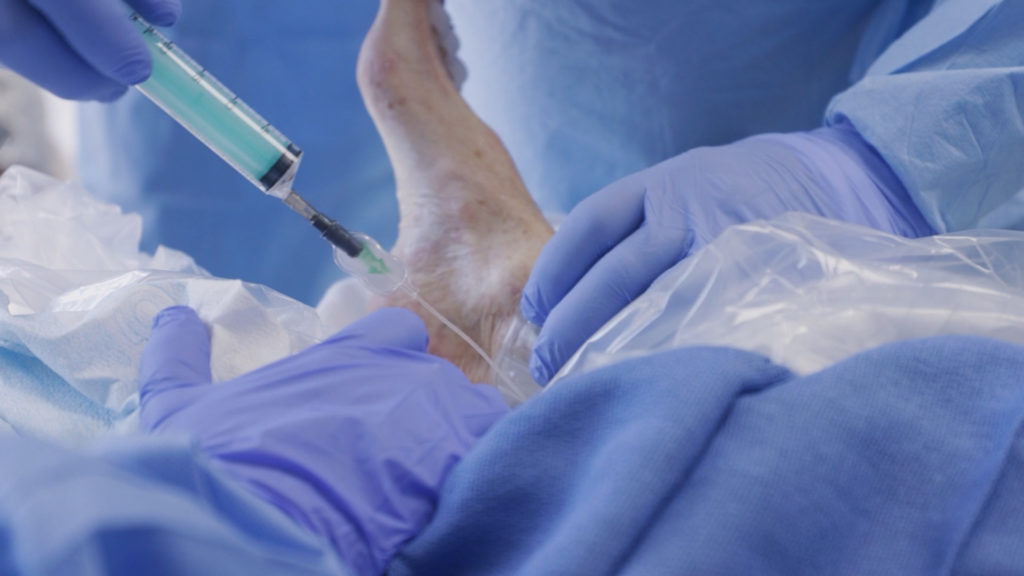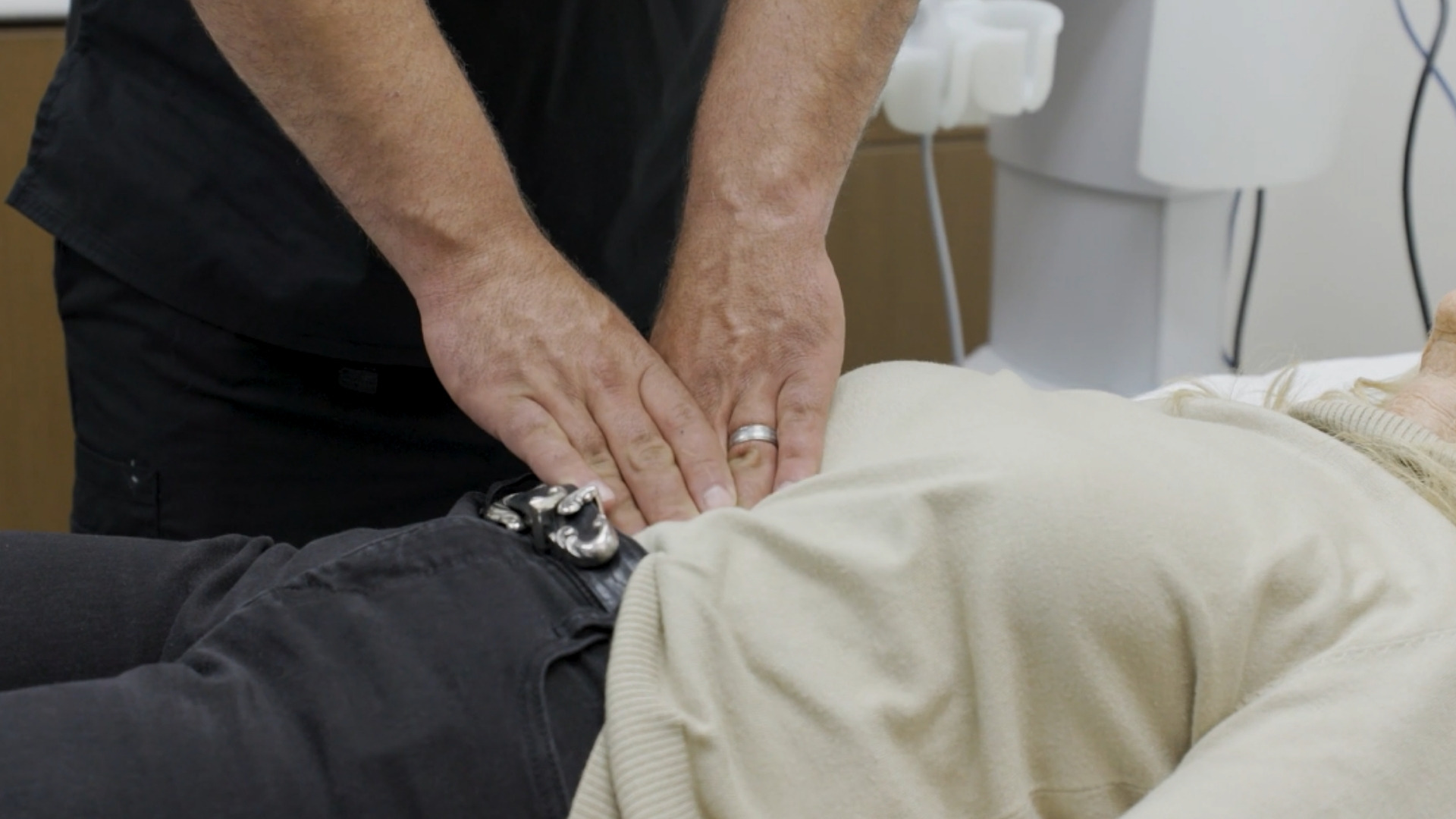Diabetes substantially increases the risk of developing coronary, cerebrovascular, and peripheral arterial disease in patients, as well as increasing their likelihood of future disability.
We don’t mention this to scare you. We’re discussing the complications of diabetes because we want to make sure you understand the severity of these conditions. That way, you can be as educated as possible when seeking out medical support from your primary care provider or a vascular specialist.
Untreated diabetes can result in:
- Nerve damage (neuropathy). Too much sugar in the blood can injure the walls of the tiny blood vessels (capillaries) that feed the nerves. This is especially true in the legs. This can cause tingling, numbness, burning or pain. This usually begins at the tips of the toes or fingers and spreads upward. Poorly controlled blood sugar could cause you to lose all sense of feeling in the affected limbs over time.
- Kidney damage (nephropathy). The kidneys have millions of tiny blood vessels that keep waste from entering the blood. Diabetes can damage this system. Severe damage can lead to kidney failure or end-stage kidney disease that can’t be reversed. End-stage kidney disease needs to be treated with mechanical filtering of the kidneys (dialysis) or a kidney transplant.
- Eye damage (retinopathy). Diabetes can damage the blood vessels in the retina, part of the eye that senses light. This could cause blindness. Diabetes also increases the risk of other serious vision conditions, such as cataracts and glaucoma.
Amputation As a Result of Diabetes Complications
A major question you should be asking is, “does diabetes increase my likelihood of amputation?” The admittedly scary answer is yes.

The complications of diabetes also contribute to health conditions like nerve damage and poor blood circulation in the limbs. These problems make the feet vulnerable to skin sores (ulcers) that can worsen quickly.
These ulcers form open sores that will not heal, are prone to infection, increase the severity of your condition, and can even cause gangrene and claudication. As a result, many patients that require amputation or limb salvage support usually are dealing with physical complications from arterial disease and diabetes.
The good news is that proper diabetes management and careful foot care can help prevent foot ulcers.
Partnering with a Vascular Surgeon for Amputation Prevention in Rogers→
Higher Risk for Foot Ulcers
When foot ulcers do develop, it’s essential to get prompt care. A nonhealing ulcer that causes severe damage to tissues and bone may require surgical removal (amputation) of a toe, foot, or part of a leg. More than 80 percent of amputations begin with foot ulcers.
Some people with diabetes are more at risk than others. Factors that lead to an increased risk of amputation include:
- High blood sugar levels
- Smoking
- Nerve damage in the feet (peripheral neuropathy)
- Calluses or corns
- Foot deformities
- Poor blood circulation to the extremities (peripheral artery disease)
- A history of foot ulcers
- A past amputation
- Vision impairment
- Kidney disease
- High blood pressure
Signs of trouble

Contact your doctor if you have:
- Ingrown toenails
- Blisters
- Plantar warts on the soles of your feet
- Athlete’s foot
- An open sore or bleeding
- Swelling
- Redness
- Warmth in one area
- Pain (though you may not feel anything if you have nerve damage)
- Discolored skin
- A foul odor
- An ulcer that lasts longer than one to two weeks
- An ulcer bigger than 3/4 inch (2 centimeters)
- A sore that doesn’t quickly begin to heal
- An ulcer so deep you can see the bone underneath
Your doctor will inspect your foot to make a diagnosis and prescribe the appropriate course of treatment.
Diabetic Arterial Disease Experts
Now that you know more about the complications of diabetes, it’s time to take steps to keep yourself and your loved ones healthy.
If you require support treating diabetic arterial disease, come to the Ozark Regional Vein & Artery Center. Our experience and growing suite of care options enable us to guide you toward lasting wellness solutions for a happier, healthier life.
We are the premier practice in Northwest Arkansas for all the highest-quality vein treatments available. Patients come to Dr. Haney, Dr. Stout, and the expert staff from all over Northernwestern Arkansas, from Fayetteville to Bentonville, to ensure they receive the best concierge-level care and leg vein procedures.
Lead the charge on your vascular care with our Virtual Vein Screening Tool or by scheduling a consultation.

